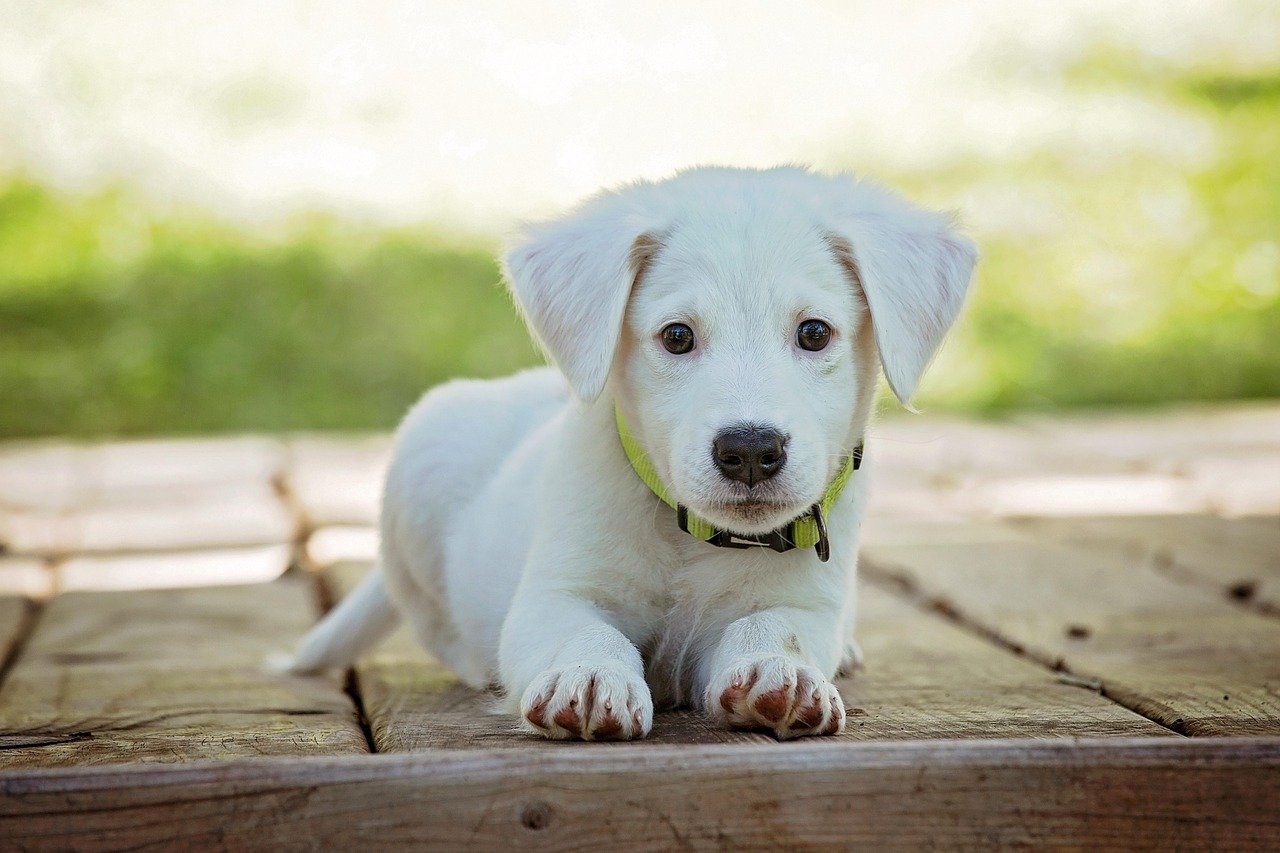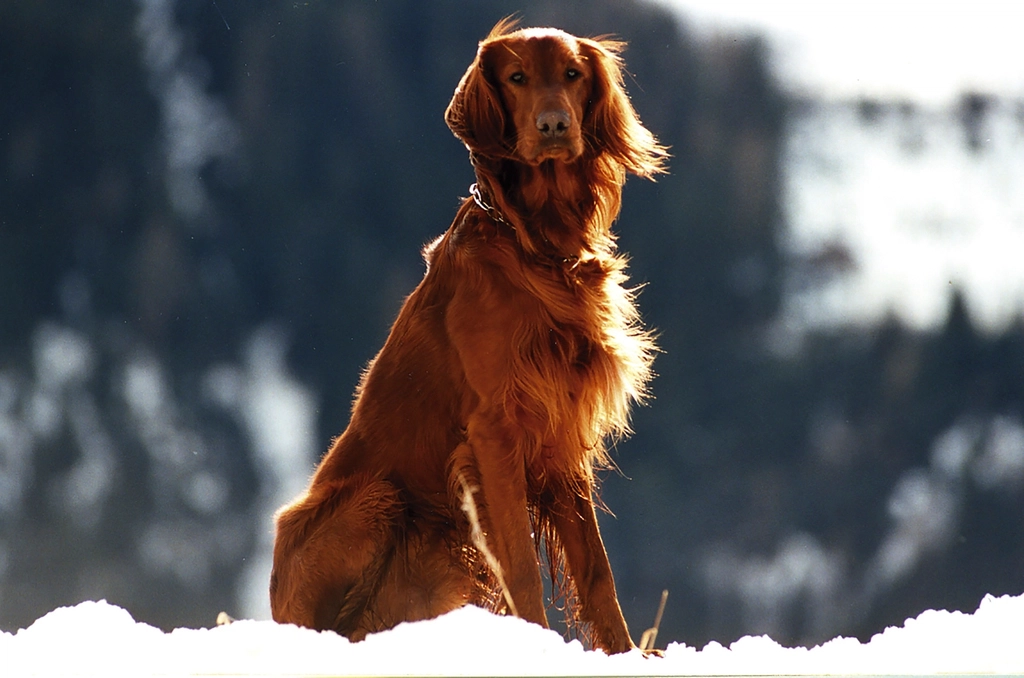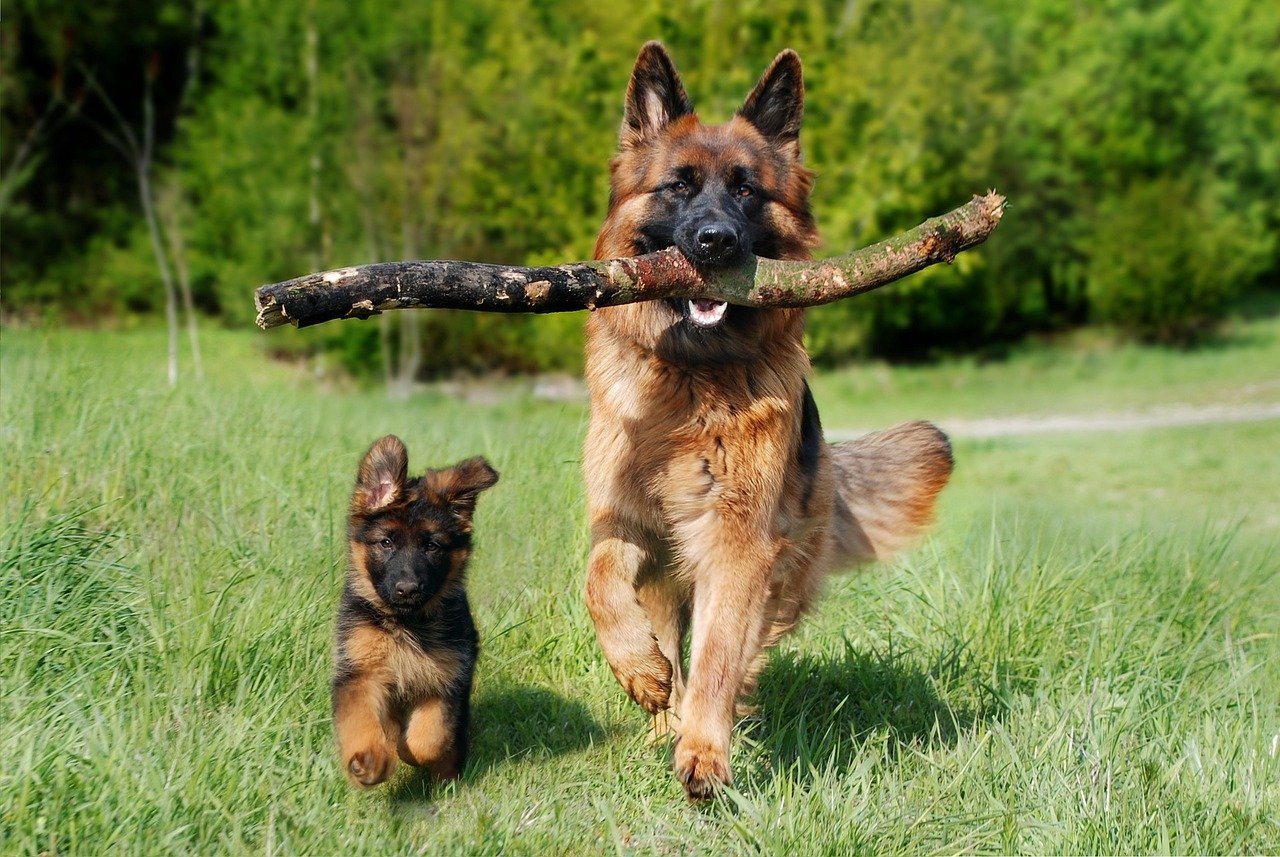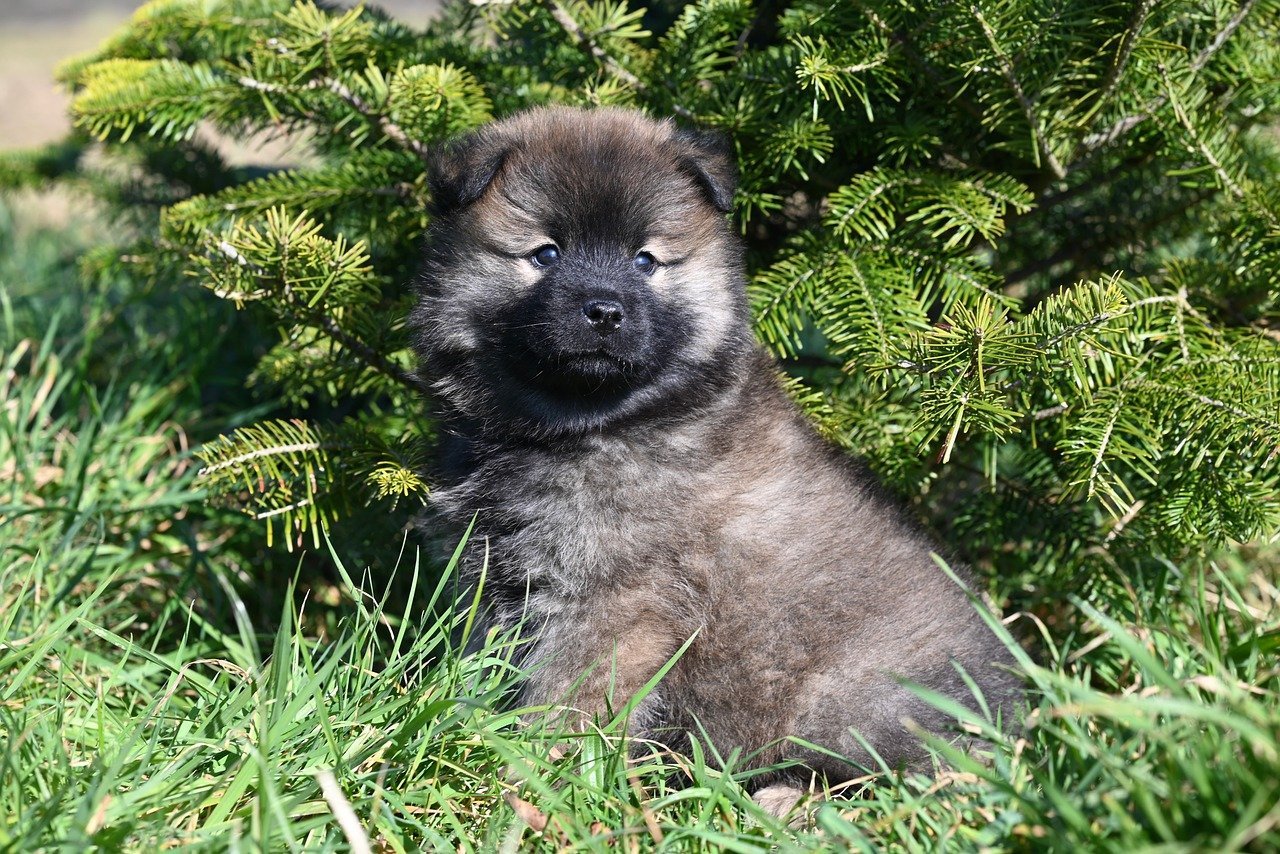Imagine this: you’ve finally found the perfect puppy, and you’re bursting with excitement to bring your new furry family member home. But there’s just one hitch—your loyal senior dog has been ruling the roost for years. You dream of heartwarming moments where old meets young, but sometimes reality can be a bit messier. What could possibly go wrong when you introduce a playful pup to a wise old dog? Let’s dive into the surprising, sometimes tricky world of multi-generation dog households.
Senior Dog Set in Their Ways
Bringing home a playful new puppy is exciting — but if you already have a senior dog, the introduction can be more complicated than you might expect. While some older dogs adjust easily, others may feel stressed, territorial, or overwhelmed by a young dog’s endless energy. Without careful planning, what should be a heartwarming meeting can quickly turn into a tense or even dangerous situation for both pets.
Dogs are creatures of habit, and senior dogs are no exception. After years of a predictable routine, a sudden change—like a bouncy puppy invading their space—can be unsettling. Your older dog may have favorite napping spots, specific meal times, or a certain way they like to play. Introducing a puppy who is oblivious to these established rituals can lead to tension. Imagine someone rearranging your furniture overnight—you’d feel unsettled, too! Senior dogs may become withdrawn or even show signs of stress if their comfort zones are invaded. It’s important to recognize that change can be hard for them, and patience is key.
Jealousy and Attention Wars

When a new puppy arrives, it’s only natural for everyone in the house to shower it with love and attention. But your senior dog might see things differently. Suddenly, the affectionate pats and extra treats they once enjoyed are being shared—or even shifted entirely—to the new arrival. This can spark feelings of jealousy in your older dog. They may act out, become clingy, or even try to interrupt your interactions with the puppy. It’s heartbreaking to see a beloved pet feel left out, so always make sure your senior gets plenty of one-on-one time, too. Balance is essential to prevent emotional stress.
Energy Level Mismatch
Puppies are like furry tornadoes, full of boundless energy and curiosity. Senior dogs, on the other hand, often prefer a slower pace, with naps and gentle strolls. This vast difference in energy levels can easily lead to frustration on both sides. The puppy may pester the older dog for playtime, not understanding that their new friend needs rest. Meanwhile, the senior may become irritable or grumpy when they can’t get any peace. It’s like pairing a marathon runner with someone who just wants to enjoy a quiet walk in the park. Creating separate playtimes and safe spaces can help both dogs thrive.
Territorial Behavior and Resource Guarding
Senior dogs can be fiercely protective of their domain, especially after years of enjoying it alone. Introducing a new puppy can trigger territorial instincts, leading to resource guarding. This might mean growling over food bowls, snapping when a favorite toy is touched, or even blocking access to certain parts of the house. These behaviors can be alarming if you’re not prepared. It’s crucial to supervise first interactions and ensure each dog has their own feeding area, bed, and toys. Respecting your senior dog’s boundaries helps reduce stress and prevent conflicts.
Communication Breakdowns
Puppies and senior dogs often “speak” different languages. Puppies can be oblivious to signals like a stiff posture or a low growl, which are clear warnings from older dogs to back off. Without understanding these cues, a puppy may persist, leading to escalating tension. On the flip side, a senior dog may not have the patience to teach a puppy the ropes, resulting in misunderstandings. Imagine trying to communicate with someone who doesn’t speak your language—it can quickly become frustrating! Gentle supervision and positive reinforcement help both dogs learn to coexist peacefully.
Health Risks for Senior Dogs

Senior dogs can have age-related health issues like arthritis, vision loss, or weakened immune systems. A playful puppy, unaware of these limitations, might accidentally hurt the older dog during rough play. Even simple things like jumping or nipping can cause pain or injury. Stress from the puppy’s energy can also worsen existing health problems. It’s essential to monitor their interactions closely and visit the vet if you notice any changes in your senior dog’s behavior or health. Keeping play sessions gentle and providing quiet retreats can protect your senior’s well-being.
Training Regression and Bad Habits

You might be surprised to find your senior dog picking up some of the puppy’s naughty habits. Puppies are notorious for chewing, barking, and having accidents, and sometimes older dogs follow suit. It’s almost as if your wise old friend is saying, “If they can get away with it, why can’t I?” This regression can be frustrating, especially if you thought the days of chewed shoes and puddles on the floor were long gone. Consistent training, clear boundaries, and plenty of praise for good behavior will help both dogs stay on track.
Overwhelm and Anxiety
The arrival of a puppy can be overwhelming for a senior dog, especially if they are already prone to anxiety. The sudden change in household dynamics, increased noise, and constant movement can be too much. Some older dogs may retreat to quiet corners, display nervous behaviors, or even develop separation anxiety if they feel pushed out. Creating safe zones and gradually increasing the time the two spend together can ease the transition. Remember, every dog needs a space where they feel secure and in control.
Unwanted Aggression
Sometimes, introductions go from awkward to downright hostile. Senior dogs may snap or even bite if they feel threatened or overwhelmed by the puppy’s antics. While this can be shocking, it’s often a sign that the older dog feels their boundaries aren’t being respected. Supervised introductions, using barriers like baby gates, and giving both dogs plenty of breaks can help prevent aggressive encounters. If aggression persists, consulting a professional trainer or behaviorist is a wise move.
Unpredictable Reactions

Dogs have unique personalities, and even the sweetest senior can surprise you. Some might instantly adopt the puppy, while others could react with confusion, fear, or annoyance. There’s no guaranteed outcome, and sometimes the reactions can be entirely unexpected. Your calm and gentle reassurance, along with careful observation, can help you manage these surprises. Flexibility and patience are your greatest allies during this adjustment period.
It’s easy to hope for an instant friendship, but real bonds don’t develop overnight. Sometimes, weeks or even months go by before your senior dog fully accepts the puppy. The journey may be filled with ups and downs, from heartwarming moments of play to days when they’d rather ignore each other entirely. Celebrate small victories, like a peaceful nap side by side or a shared walk without incident. With time, patience, and lots of love, most dogs do find their own way to coexist—sometimes even becoming inseparable friends.

Born and bred in South Africa, a Capetonian at heart. Amy-Leigh’s love for nature and animals was inherited from her Dad. He loves taking the family on road trips to experience nature at its finest; Amy-Leigh’s favourite being whale watching in Hermanus and spotting Kudu along the West Coast. Amy-Leigh holds a BA in English Literature and Communication Studies.





